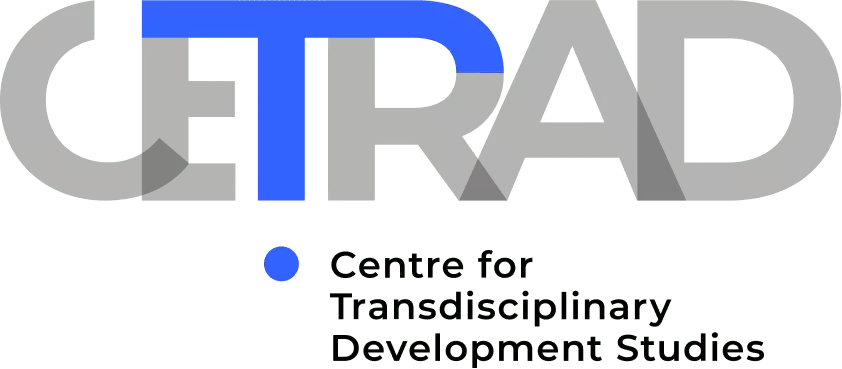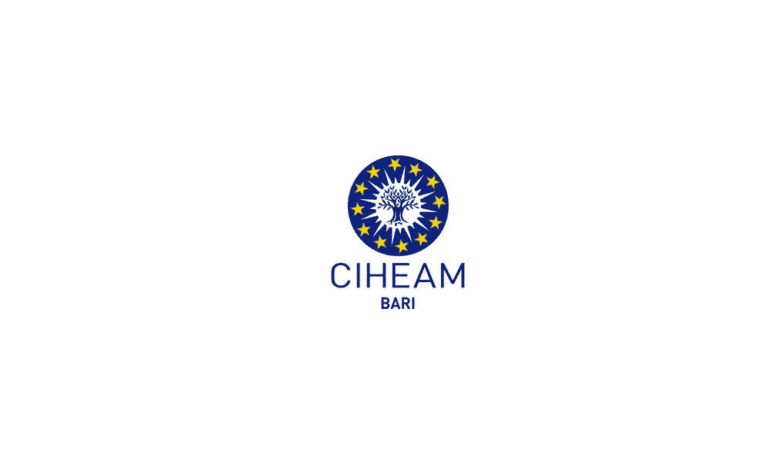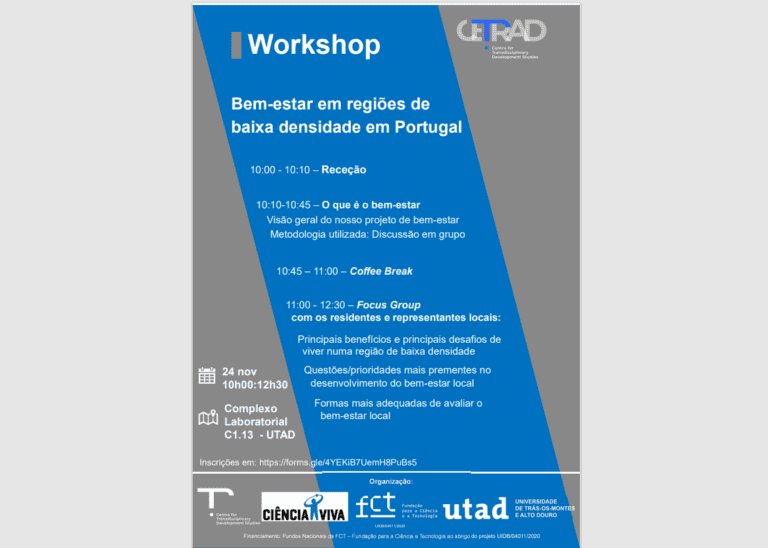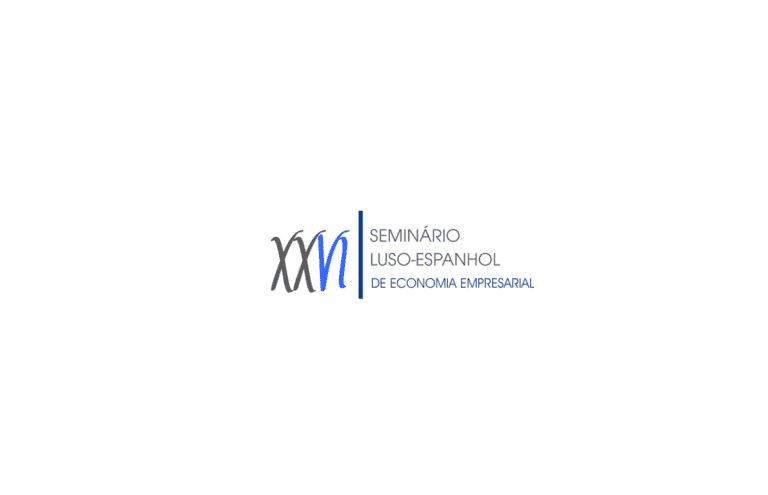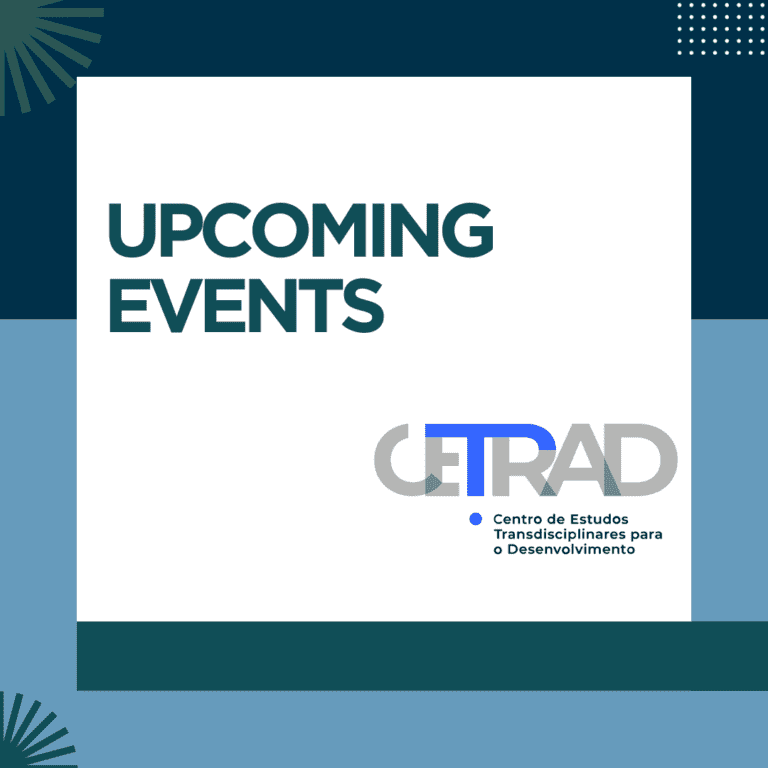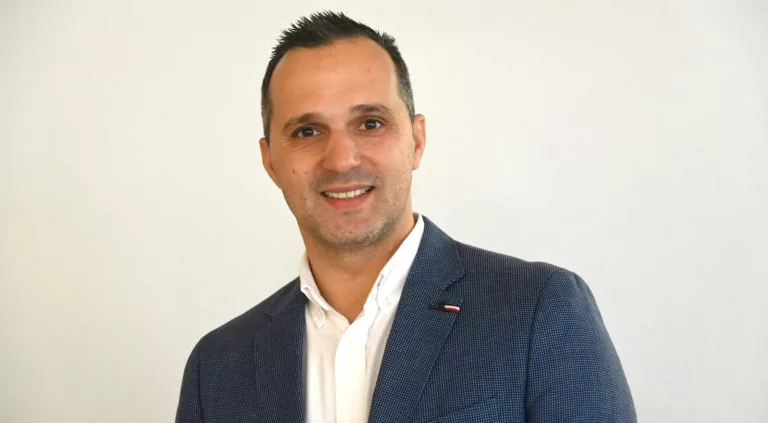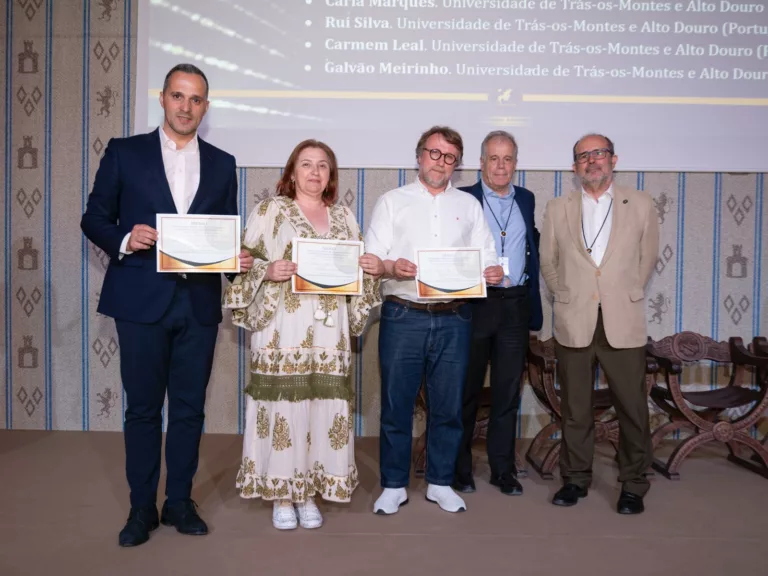May 15-18, 2024 @ CETRAD, Transdisciplinarity Summer School, Vila Real, Portugal
In our societies, we are confronted with a growing number of complex challenges. For example: Climate change exacerbates droughts, making water management, food production, health, and biodiversity conservation more difficult. Rapidly expanding cities struggle to provide services, opportunities, and healthy living conditions for their inhabitants.
How can research contribute to finding solutions and mitigating such complex problems? What types of research can bring together the necessary knowledge and stakeholders, facilitate discussions on desirable outcomes, and generate strategies and steps towards improvement? How can research be conducted in a manner that is more relevant to society?
Transdisciplinary research is increasingly recognized and tested as an approach that brings together diverse disciplines and societal actors to address urgent societal challenges.
In the CETRAD TD Summer School we explore transdisciplinary research as an approach to addressing societal challenges. The Summer School allows to deeply engage with transdisciplinary research, and to test and reflect how transdisciplinary approaches can be implemented in your field of interest. It provides a structure for transdisciplinary research projects, and enables to actively apply and the main phases and key steps involved in tackling complex problems through research, as well as methods and conceptual reflections. Small group work, individual application of key steps, exercises and reflections across all participants will enable an active collaborative and individual learning journey into the fascinating and challenging field of transdisciplinary research. Interactions with a living lab led by CETRAD and social exchange round the program and help to build and grow your network.
This Summer school is for you, if you
- are interested to explore and apply transdisciplinary research approaches and methods in your current or future projects,
- aim for societally relevant and scientifically sound research
- are conducting your PhD, Postdoc research, or contribute to a collaborative research project that addresses societal challenges
- are interested to work with researchers and societal actors with a background in a wide range of disciplines and sectors
Course leaders:
Tobias Buser, Global Alliance for Inter- and Transdisciplinarity – ITD Alliance
Tobias Buser is an expert in collaborative research processes, with extensive experience in designing, conducting, and researching transdisciplinary approaches. He is actively involved in training, coaching, and consulting for transdisciplinary research, including the development of the first massive open online course on transdisciplinarity, as well as training for programs of the International Science Council, the Network of African Science Academies, UNESCO, Future Earth, and various universities and research projects. As the Executive Secretary of the Global Alliance for Inter- and Transdisciplinarity, he is enthusiastic about building capacities and supporting international collaboration to advance research approaches and institutional conditions that enable us to address urgent societal challenges.
Dr. Maria Helena Guimarães,
(please insert description)
Guest contributor(s):
Prof. Dr. Flurina Schneider[TB1] , Institute for Social-Ecological Research, and Goethe University of Frankfurt
Flurina Schneider is scientific director of ISOE and professor in social ecology and transdisciplinarity at Goethe University Frankfurt. She is also spokesperson of the Research Activity “Ecosystem Services and Climate” at the Senckenberg – Leibniz Institution for Biodiversity and Earth System Research. Her research focuses on learning and action for sustainability transformations, as well as on transdisciplinary research and science policy for sustainability. She graduated in geography, botany and law at University of Basel, and received her venia docendi by the University of Bern with a habilitation thesis entitled: “Transdisciplinary and Transformative Research for Sustainable Governance of Natural Resources: Towards Intra- and Intergenerational Justice”. Until 2020, she served as head of the Land Resources Cluster at the Centre for Development and Environment (CDE), University of Bern, Switzerland.
[TB1]Flurina Schneider could contribute a training element and woud be ok with travel and accommodation (we would only need one room)
